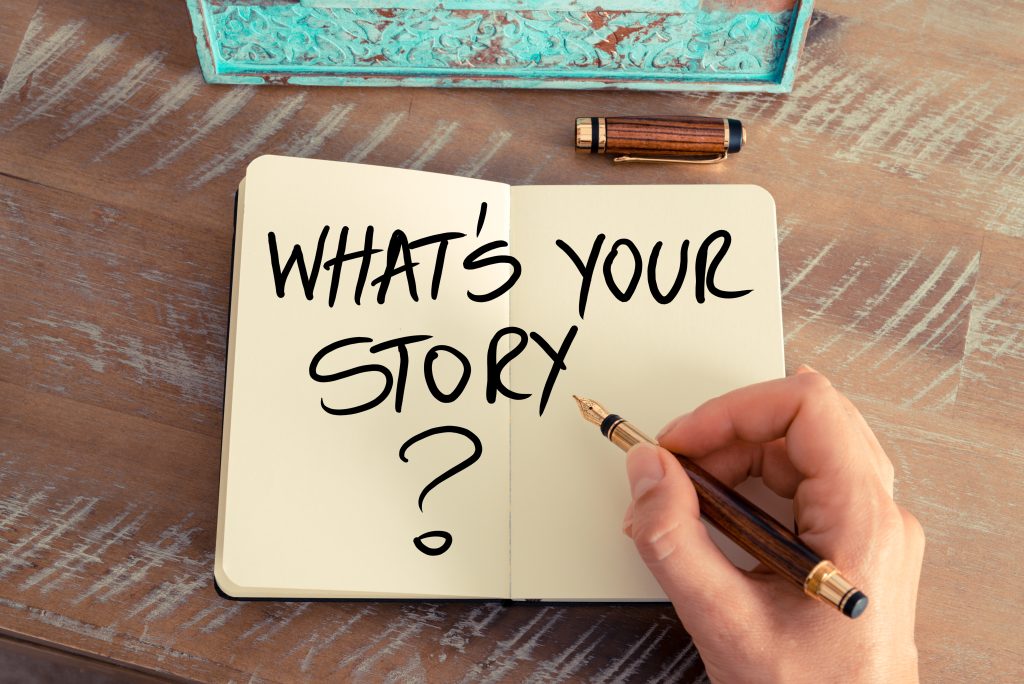I’m lucky – I come from a family of people who liked to write. People who didn’t have a lot of formal education, but who kept diaries and wrote memoirs. As a consequence, I have the words of great uncles, grandmothers and my mother. These have become taonga, fleshing out the skeletons provided by certificates of birth, marriage and death.
Further back in my family tree, there are only tantalising glimpses of my forebears – a stiffly posed photo, a mention in someone else’s history or in a news article.
In my memoir workshops, inevitably some participants are apologetic, saying things like, “I’ve done nothing much,” “Nothing has happened to me,” or “I’m boring.” This is – well, to be blunt, just plain wrong. Each and every one of us has stories of value to tell. If you’ve grown up in the 1930’s or 1940’s, on a farm down the end of a dirt road in the middle of nowhere, your stories will fascinate an urban child of the 1960’s – 1970’s, and vice versa. Children of today are gobsmacked by tales of phones on the wall, and eager to hear about ‘where you were when…’ Stories of war, protest, sport, moon landings, travel without seatbelts, travel overseas, changes in currency, buying an iceblock for 20 cents. You and your stories are interesting.
My mother-in-law makes patchwork quilts. Each of her grandchildren has one, unique to them. They’re beautiful. The moment I love most in their creation is when there are piles of small pieces, grouped together by colour. They’re similar at first glance, but each is different from its neighbours on closer examination. Maybe they’re a different cut from the same piece of fabric, or a different shade of colour, or variously embroidered. Then, Jane assembles them. She’s usually working to a pattern, but within that she works organically, putting them together in a way that pleases her.
My approach to writing from memory – memoirs – is a bit like Jane’s to patchwork. All of us have unique memories, insights, responses, even if we lived through the same times. Think about COVID-19. My memory of lockdown is different from yours, is different from someone in another city or another country, which is different from a country where lockdown didn’t happen. Each of us live with the virus differently. Each of these memories is like one piece of the patchwork quilt, contributing to an overall pattern, but also unique.
I encourage writers working from memory to approach their task in the same way. To me, it doesn’t matter where you start, or what order you write in. If you write the story on the tip of your tongue each time you pick up a pen, eventually you’ll have enough pieces to shape into an overall structure that pleases you.
I know that this approach is very different from what a lot of advice or self-help guides suggest. Often, these guides advocate planning rigorously: maybe a timeline, a chapter-by-chapter outline, or day-by-day writing goals. This must suit some brains, but it certainly doesn’t suit mine. Whenever I’ve tried to write this way, three things happen.
First, by the time I start writing I’m bored with the content; I feel like I’ve already done the work. Second, the whole plan or timeline magnifies the weight of the writing. All of a sudden, it’s just a job: something to clock in and out of. Third – and perhaps most important – the exploration of writing, the part where you follow some fragment of memory in a fresh direction and end up writing about something you didn’t even know you remembered, is precluded. The plan doesn’t allow for deviation.
Your readers will be more interested in a vividly told memory of the picnic where a group photo was taken, than a boring account of a flood. Particularly if you’re writing for whanau, those fragments will be enthralling, as you bring that old photo to life. And when you stitch your small stories together in a shape that pleases you, your reader will find your memoir fresh, and meaningful, and beautiful.
Think of society as a huge patchwork quilt, and each of us as one small square within it. You can leave your square blank , or fill it with a rich embroidery of writing for others to enjoy.
So try writing down a tiny, inconsequential memory next time you’re in the mood. Just write about a game with your siblings, or dressing up, or a rainy day. See where your own story leads you.
And if you’re interested in exploring your memories with me, I’d love to hear from you – so do contact me!

